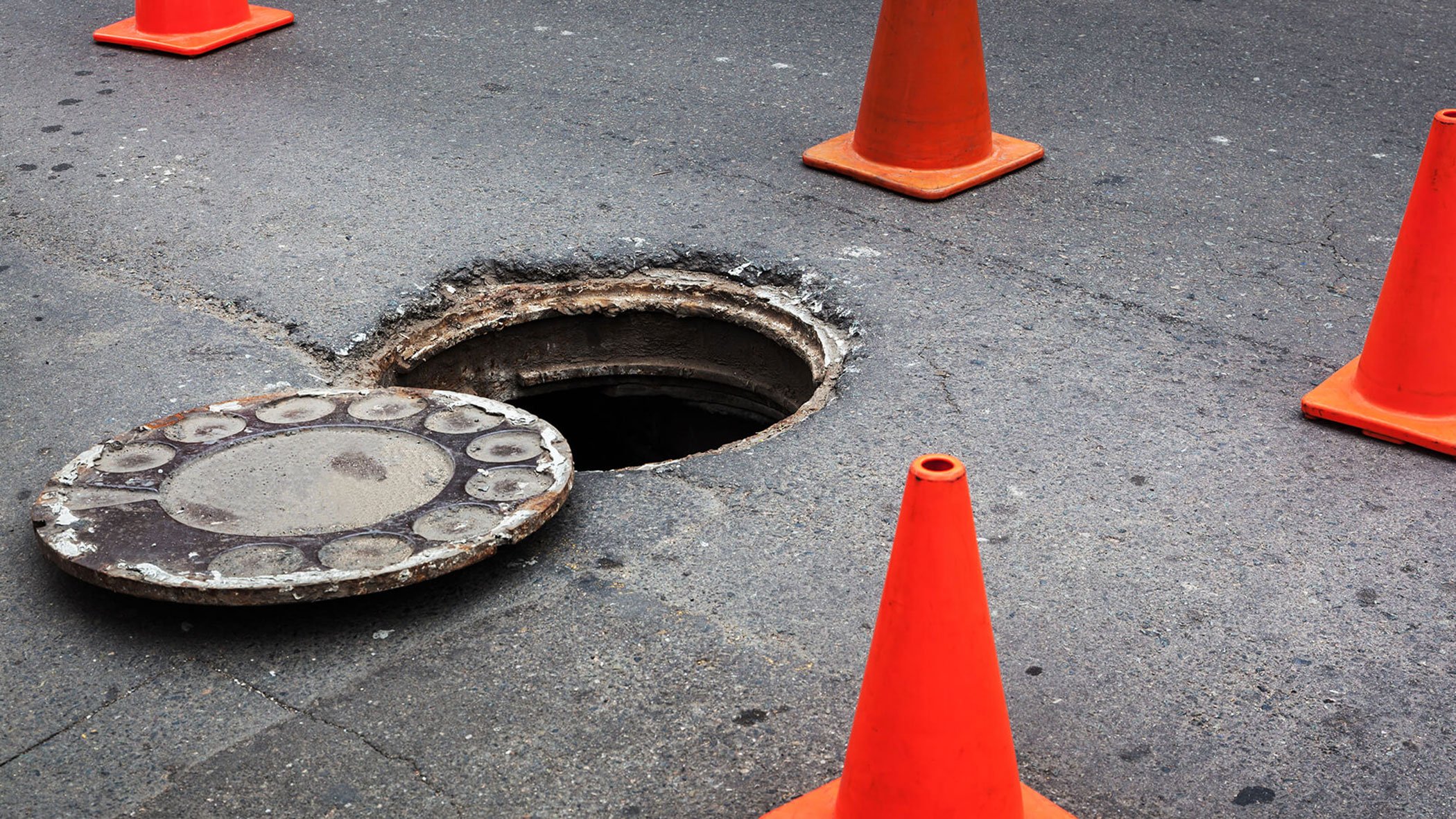
Most people are unaware of all that goes on beneath the surface of their cities, homes, and streets, but maintaining the system that moves wastewater and stormwater is essential to assuring the health of a community. When it comes to solving and preventing problems below ground municipalities and companies around the world turn to Vactor. Here are vulnerable areas and the problems that can arise:
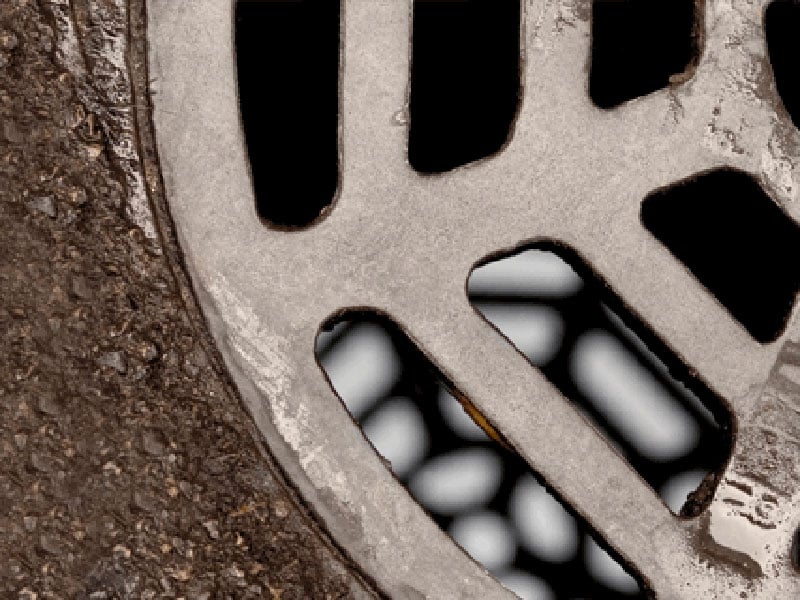
This system of transporting sewage from homes and commercial buildings to treatment facilities can become clogged by any number of obstructions including roots, grease, debris, and more. When overflows occur, human health can be affected, and freshwater resources damaged.
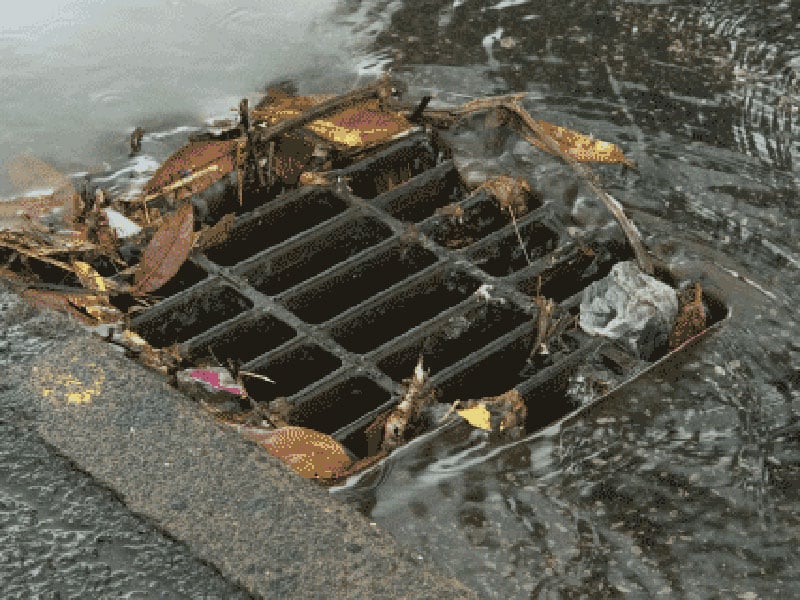
Designed to drain excess rain and ground water from paved surfaces storm drains vary in design but all can become clogged by trash, sand, leaves, or the roots of trees and shrubs. A blockage can cause severe street flooding that can spread to homes and commercial buildings.
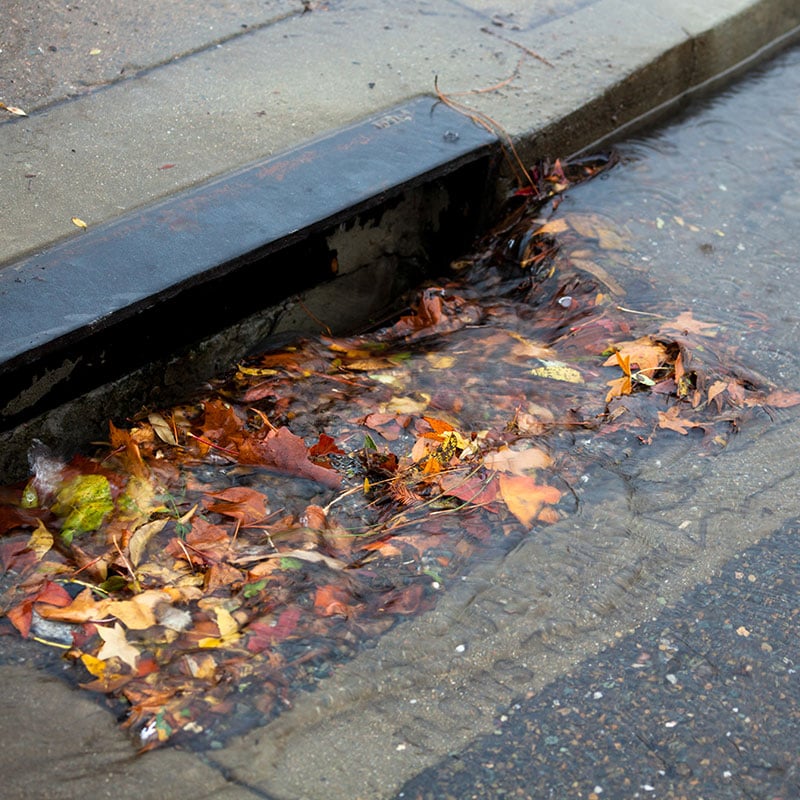
Catch basins allow surface water runoff to enter the sewer system while trapping solids and sediments. However, rocks, dirt, leaves, litter, and other debris can cause serious obstructions. The result is flooding damaging roads, sidewalks, buildings, and landscaping.
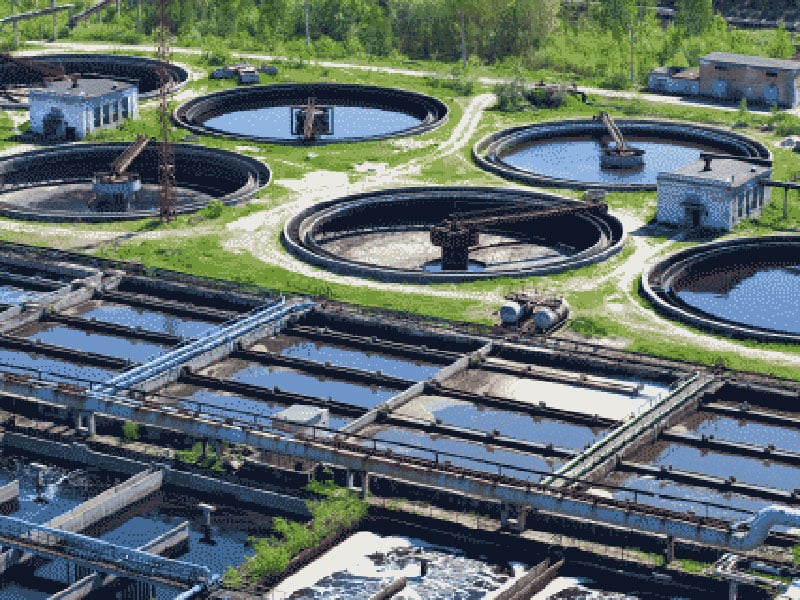
Treatment plants play an essential role in treating the wastewater we all produce. When sludge builds up at the plants and their pits and wells, lost productivity can occur as well as serious damage to equipment.
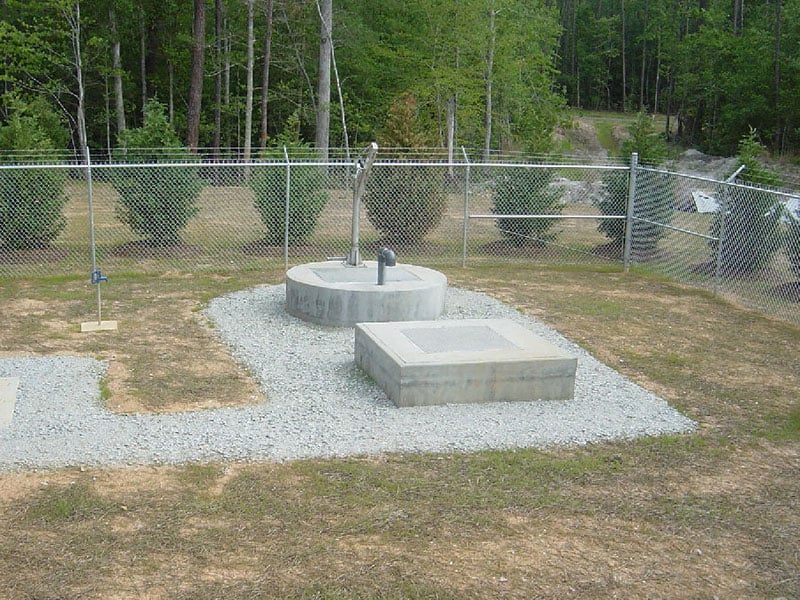
Many gravity-fed sewer systems require wet wells and lift stations to pump sewage to higher grades to flow to treatment plants. Solid material will often accumulate in these systems damaging pumps and sewage lines and creating unforeseen costs for a community.
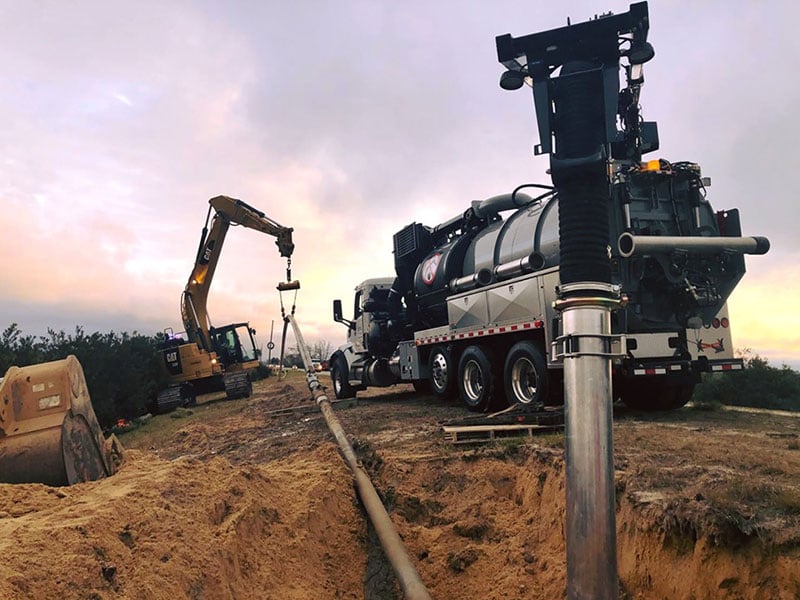
Traditional digging is imprecise, time-consuming, and can cause damage to underground utilities resulting in unforeseen costs and service interruptions for consumers. Hydro-excavation offers a safe alternative.